Biodiversity
Here we will present blogs about our ArtsDatabanken projects. A special emphasis we will put on our field trips.... Read more.
Genomics
Here will write about what is going on in our projects with a main emphasis on genomics such as our NFR-funded project “InvertOmics – Phylogeny and evolution... Read more.
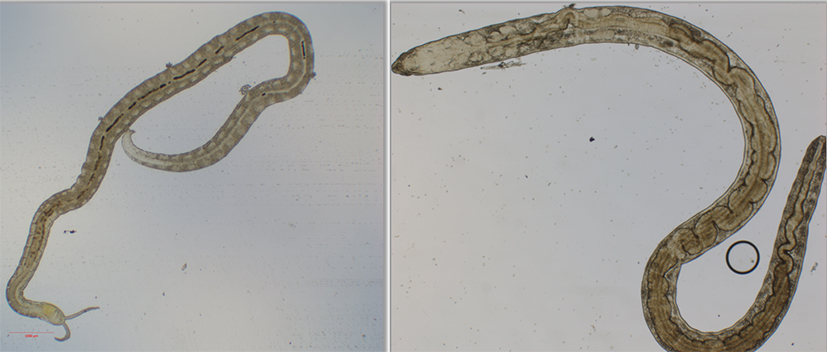
Meiofauna occuring at public swimming beaches on Nesodden
The last UiO:Life Science summer project in our group was conducted by Mari Dønnum Klausen. She investigated the distribution of meiofauna organisms along public... Read more.
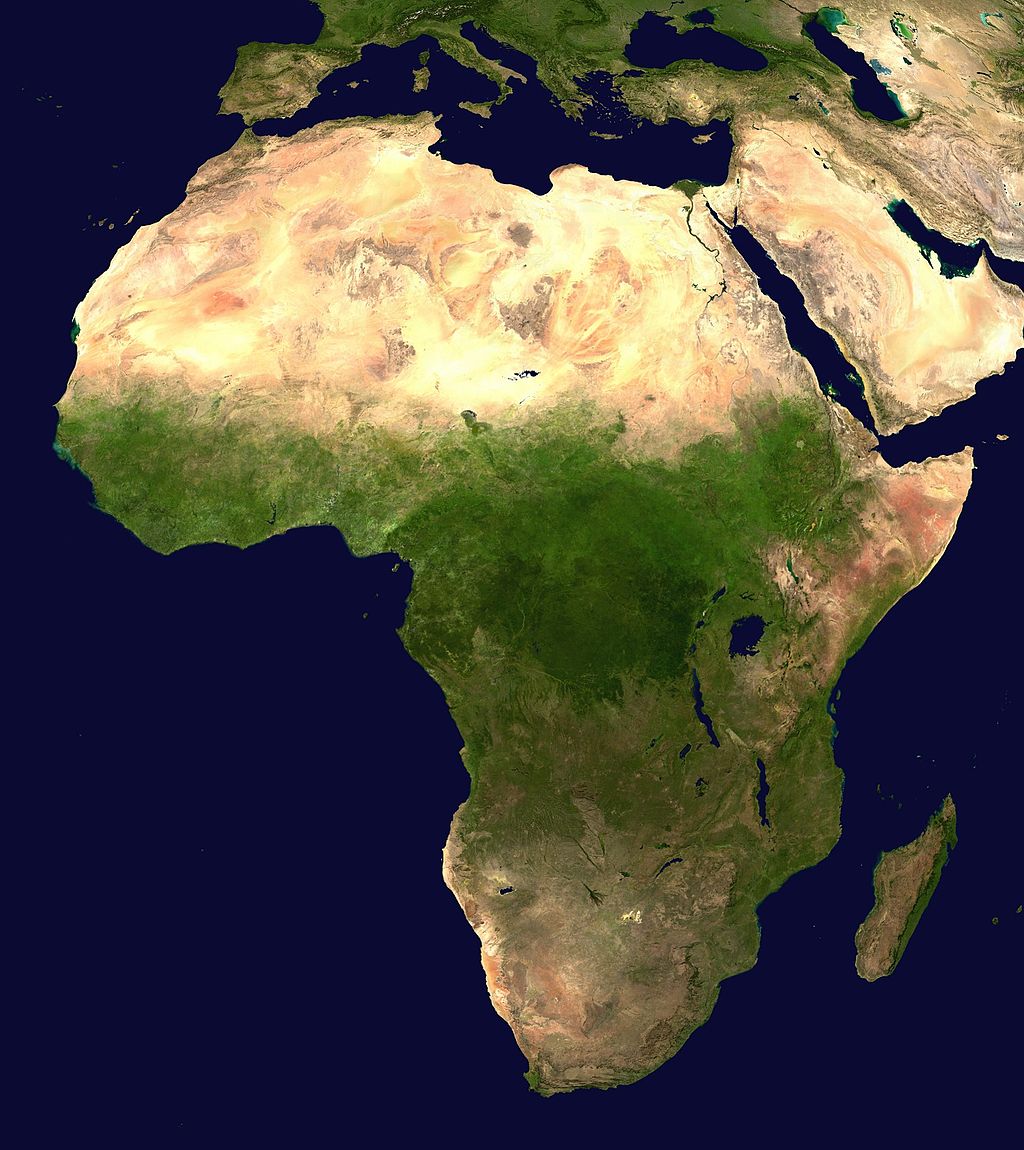
Training in African Insect Biodiversity
The recently started FEZ project ANTENNA received funding from Diku, the Norwegian Agency for International Cooperation and Quality Enhancement in Higher Education.... Read more.
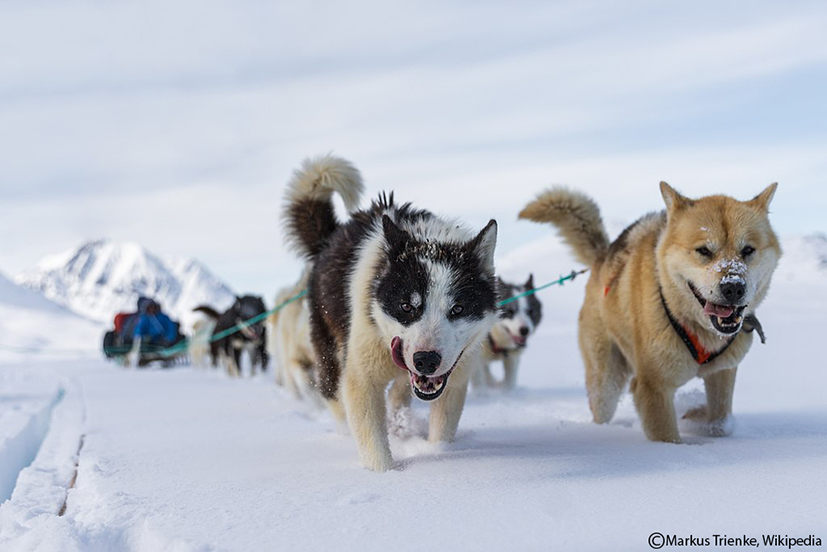
Never Cry Wolf
Mikkel Sinding did a joint (cotutelle) PhD at the Natural History Museums Copenhagen and Oslo. Øystein and Lutz were his supervisors on the Norwegian side. Mikkel... Read more.
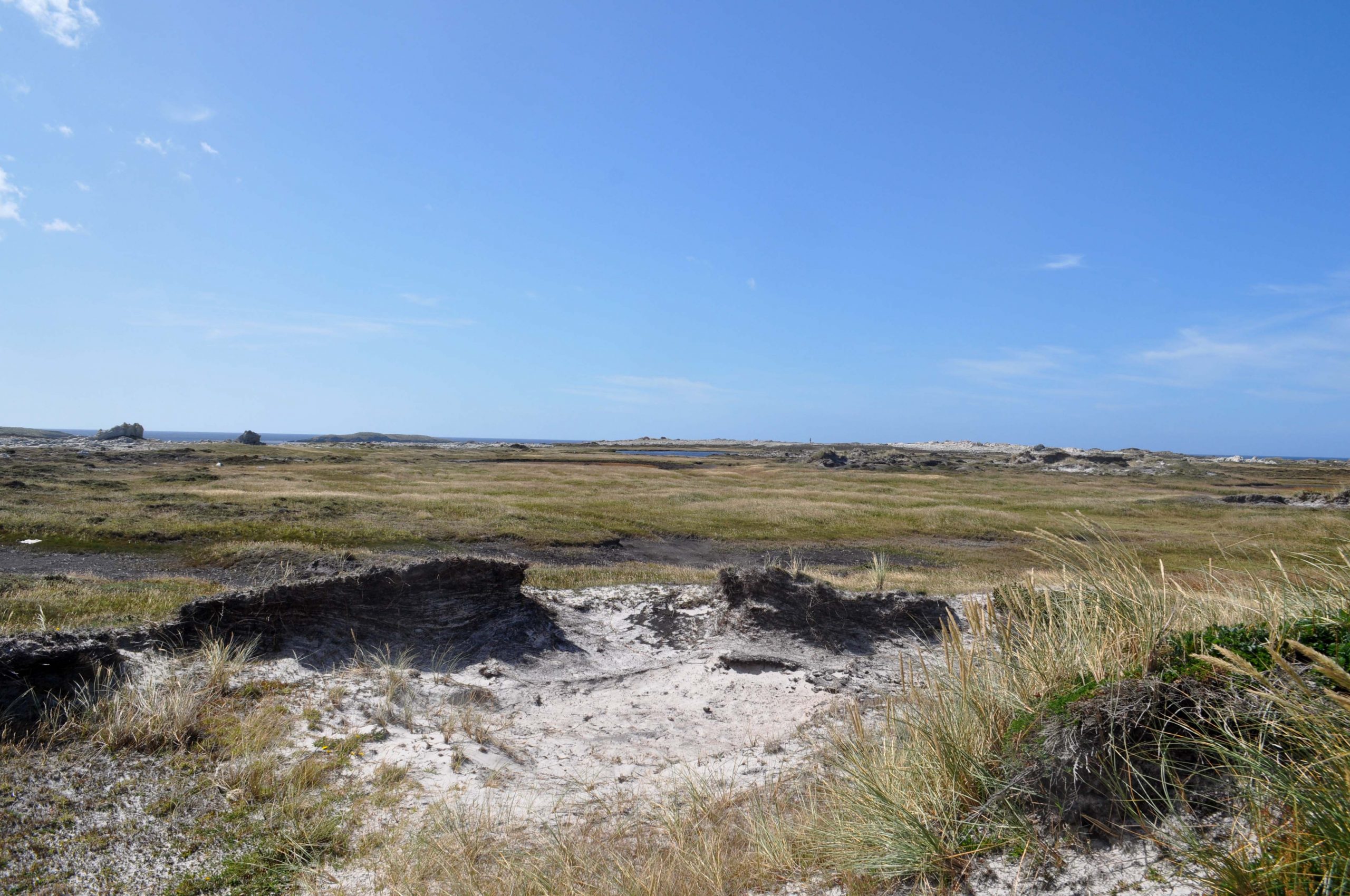
Beetles on the Falkland islands
Field work is an important activity for many researchers at the museum. Every field trip contributes to development of the museum collection and adds species that... Read more.
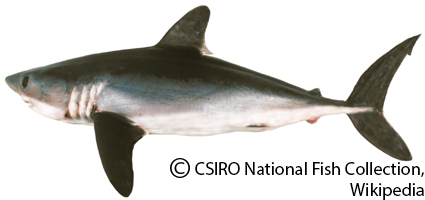
Where do all the sharks live
Many marine top-predators, among them many shark species, are particularly vulnerable to environmental changes as they are contingent on the various prey species... Read more.
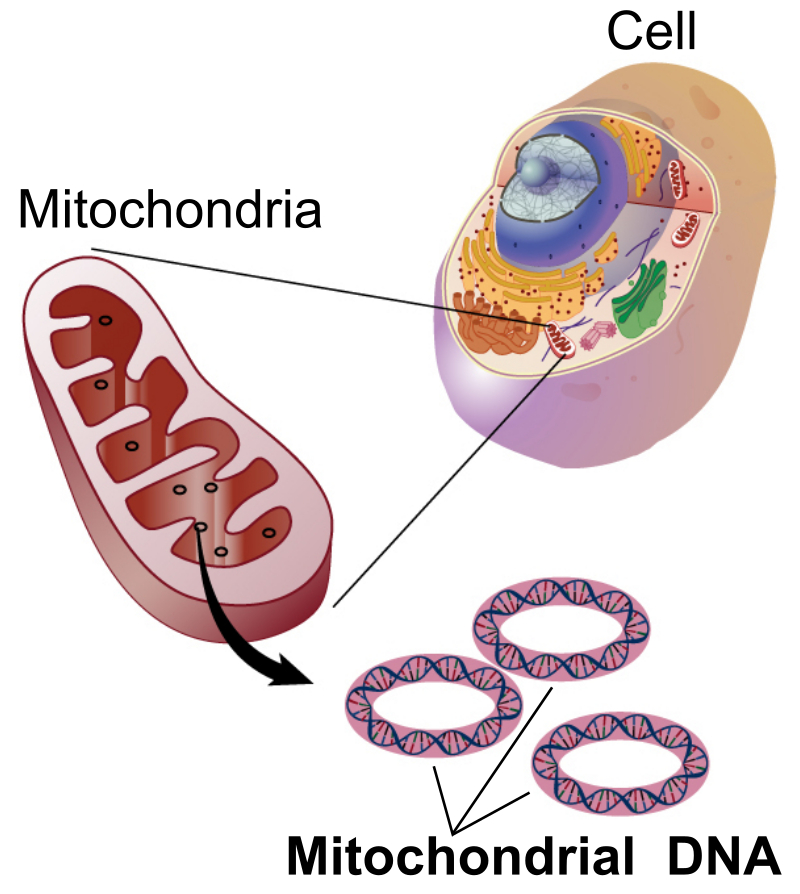
From small body size to big data
You remember door 3 of our calendar where we presented the UiO:LifeScience summer project of Liepa on the speciation of intertidal beetles? FEZ was very happy to... Read more.
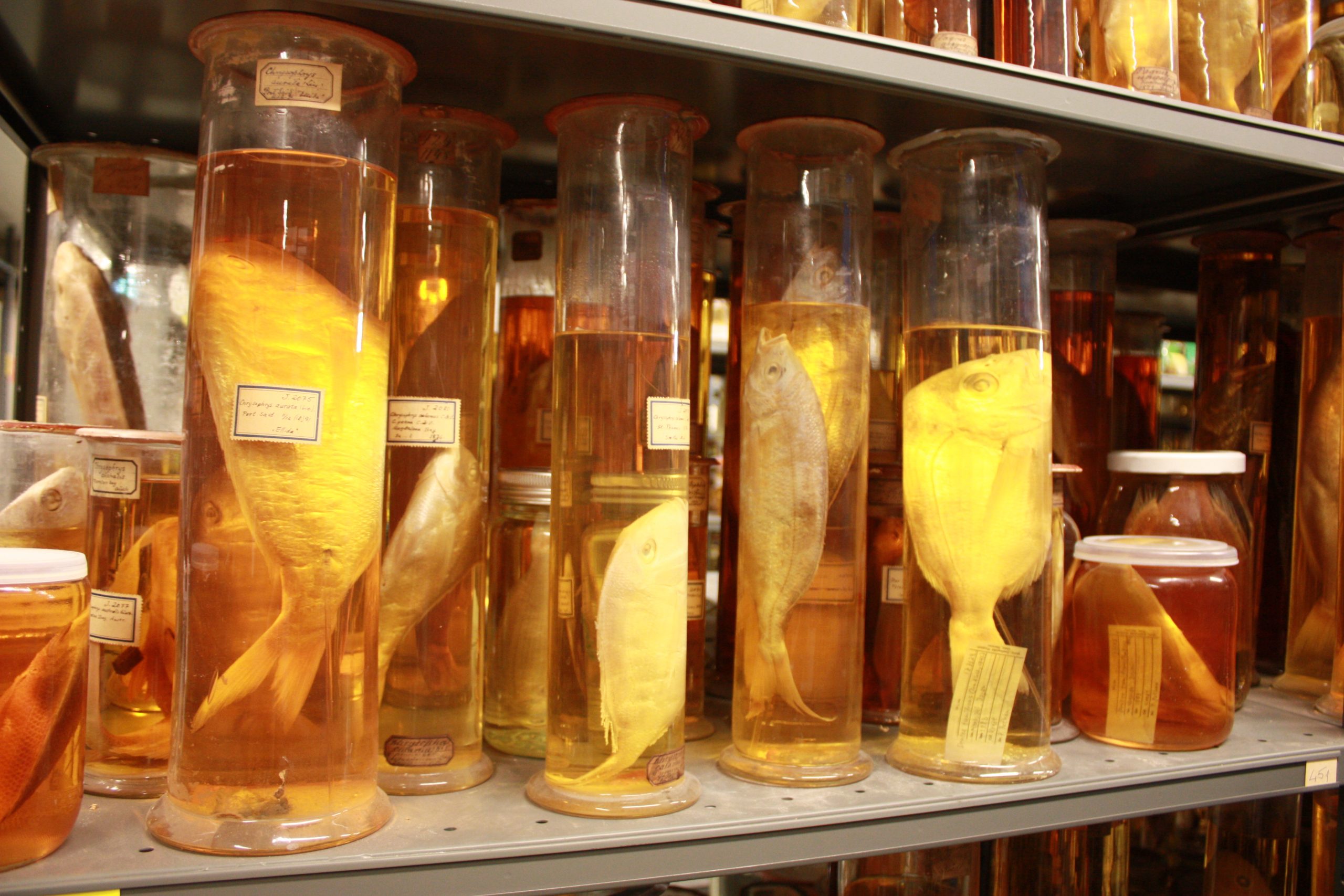
Bringing museum specimens back into the light: Meet the new postdoctoral researcher molecularly exploring museum collections
Rita M. Austin, a recent addition to the FEZ group, is working as a postdoctoral researcher exploring and optimizing the recovery of museum biomolecules in the Oslo... Read more.
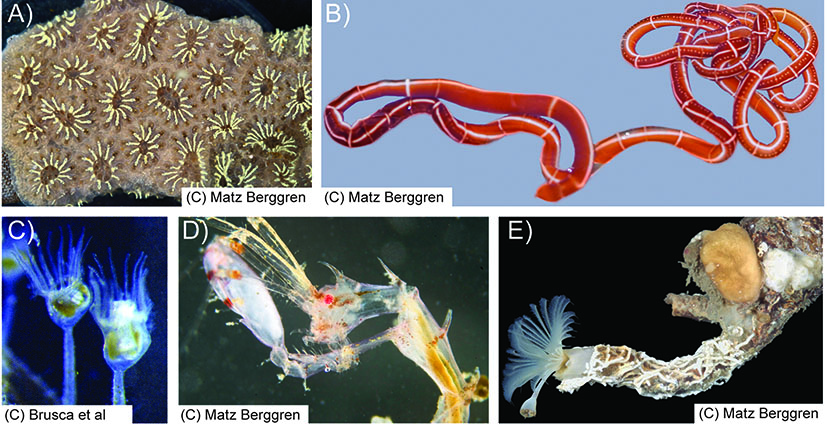
Assessing biodiversity in the marine algae belt
The marine algae belt comprising kelp forests, seagrass meadows and rocky reefs with coralline red seaweeds is one of the most active primary producing environments... Read more.